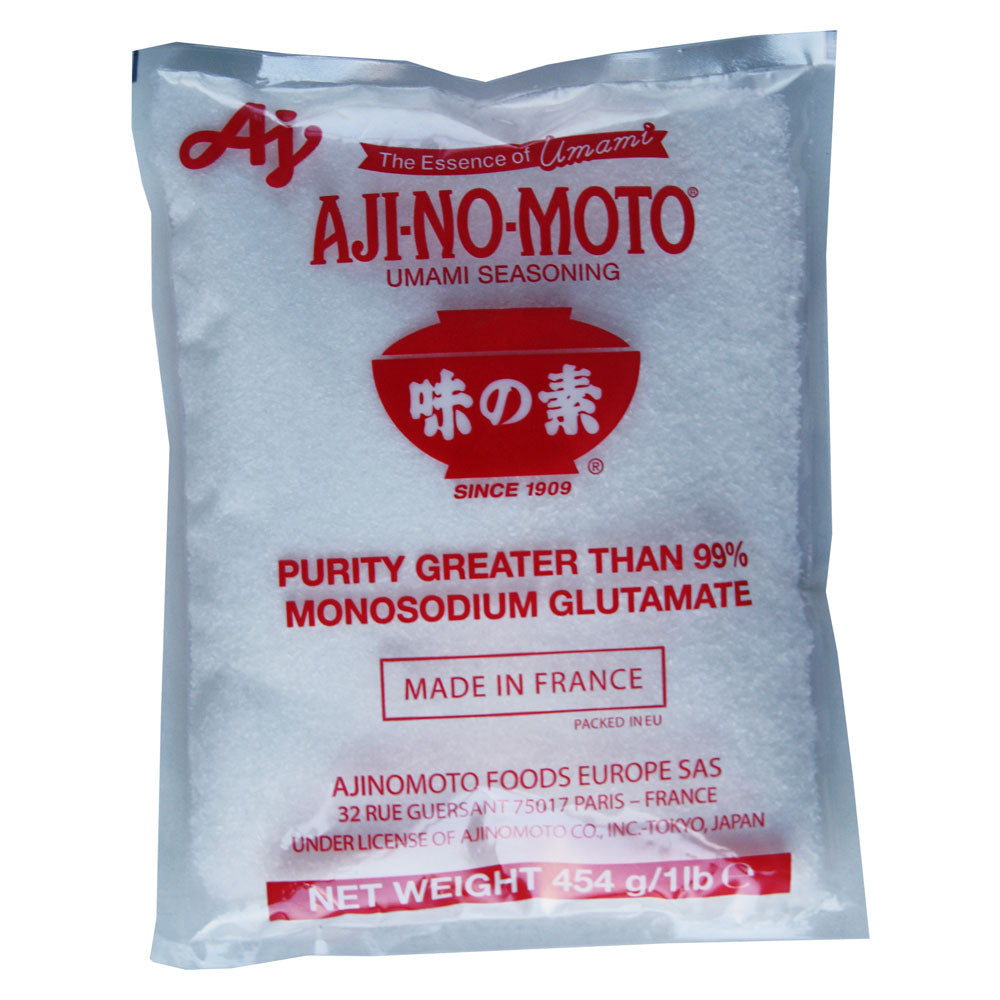Monosodium phosphate anhydrous is a key ingredient in many industries due to its versatility and unique properties. This compound is widely used in the food, pharmaceuticals, cosmetics, and agricultural industries. In this blog, we'll explore the benefits, uses, and potential risks associated with monosodium phosphate anhydrous.

Benefits of Monosodium Phosphate Anhydrous
Monosodium phosphate anhydrous is known for its ability to enhance the flavor of food products. It has a tart and acidic taste and is often used in the production of sour and tangy foods such as processed meats, cheese, and canned goods. The tartness of this compound does not affect the nutritional value of foods in any way.
Another benefit of monosodium phosphate anhydrous is that it helps preserve food products by inhibiting the growth of bacteria, fungi, and other microorganisms. This is especially important in the production of canned foods as it helps to extend their shelf life.
Monosodium phosphate anhydrous is also used in many medical products. It is commonly used as a buffering agent in the formulation of injectable drugs, such as vaccines and antibiotics. Additionally, it is used as a laxative to treat constipation and to balance electrolytes in the body.
Uses of Monosodium Phosphate Anhydrous
Monosodium phosphate anhydrous has a wide range of industrial applications. It is commonly used in the production of detergents and cleaning agents due to its ability to dissolve grime and dirt. Additionally, it is used as a water softener in the treatment of hard water.
In the agricultural industry, monosodium phosphate anhydrous is used as a fertilizer to provide plants with essential nutrients such as phosphorus and nitrogen. This promotes healthy growth and a robust root system.
This compound is also used in the production of cosmetics, such as shampoos and conditioners, to adjust the pH levels and enhance their texture.
Risks of Monosodium Phosphate Anhydrous
While monosodium phosphate anhydrous is generally considered safe for consumption, excessive consumption can be harmful. In large quantities, it can cause stomach irritation, nausea, and vomiting.
Additionally, monosodium phosphate anhydrous can react with other substances in the body to form harmful byproducts. For example, when combined with aluminum, it can lead to the formation of kidney stones.
Conclusion
Monosodium phosphate anhydrous is a versatile and valuable compound with a wide range of applications. It is commonly used in the food, pharmaceutical, cosmetic, and agricultural industries. While it offers many benefits, caution should be exercised when consuming this compound in large quantities. As with any chemical compound, it should be handled and used with care to avoid potential harm.